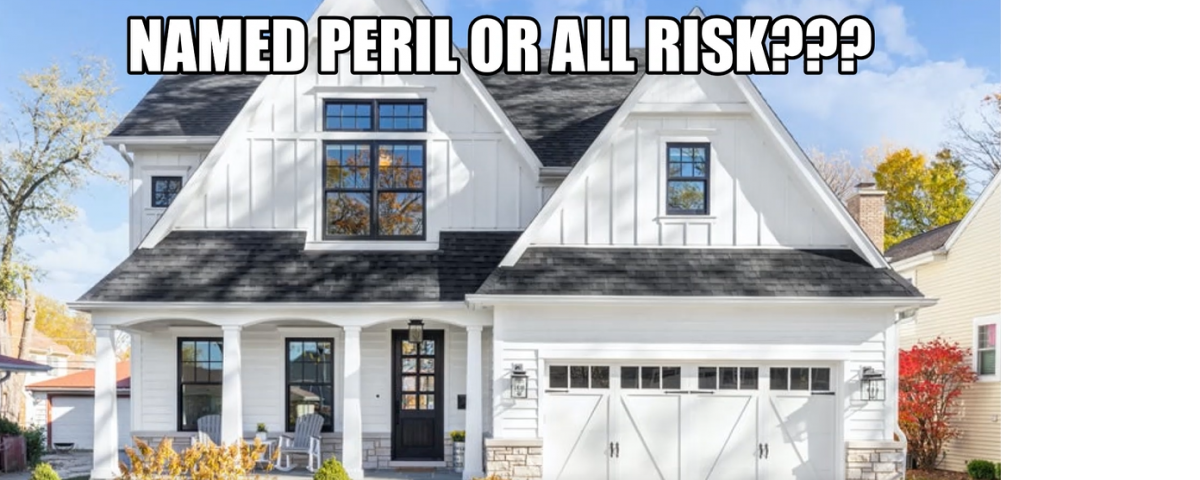The Dangers of Teen Driving
Mark’s summer internship in the city was a dream come true for a 17-year-old — especially because he got to drive there in his very own car every day. TAKING THE WHEEL His parents made sure he bought the car with his own money and also paid for the insurance, so this job definitely helped. Mark carried state minimums since that was all he could afford. TEEN DRIVING IS DANGEROUS While parallel parking early one morning, Mark accidentally hit the gas instead of the brake pedal while in reverse. Just then, Erica, age 32, stepped off the curb to cross the street between the parked cars and became pinned between them. The accident led to the amputation of Erica’s legs. She was flown to a nearby hospital to receive treatment and after her extensive inpatient care, she required a special amputee rehabilitation team to aid in her recovery process. Her post-acute treatment included physical rehabilitation, expert fitting and custom-manufacture of a prostheses to help her regain function and mobility and psychological services. HOW A PERSONAL UMBRELLA HELPED Mark’s minimum coverage for Erica’s medical bills was quickly exhausted since he was underinsured for this type of accident. Since Erica had a $2 MM standalone personal umbrella policy with $1 MM excess UM/UIM, it kicked in after the underinsured motorist on her auto was exhausted to take care of her outstanding medical bills. Claim: $1.5 MM The dangers of teen driving are obvious, but our standalone personal umbrella policy with limits up to $10 MM can help protect your insured. Call Diona at (469) 606-4590 to find out how affordable it is to keep those dreams alive and well.








